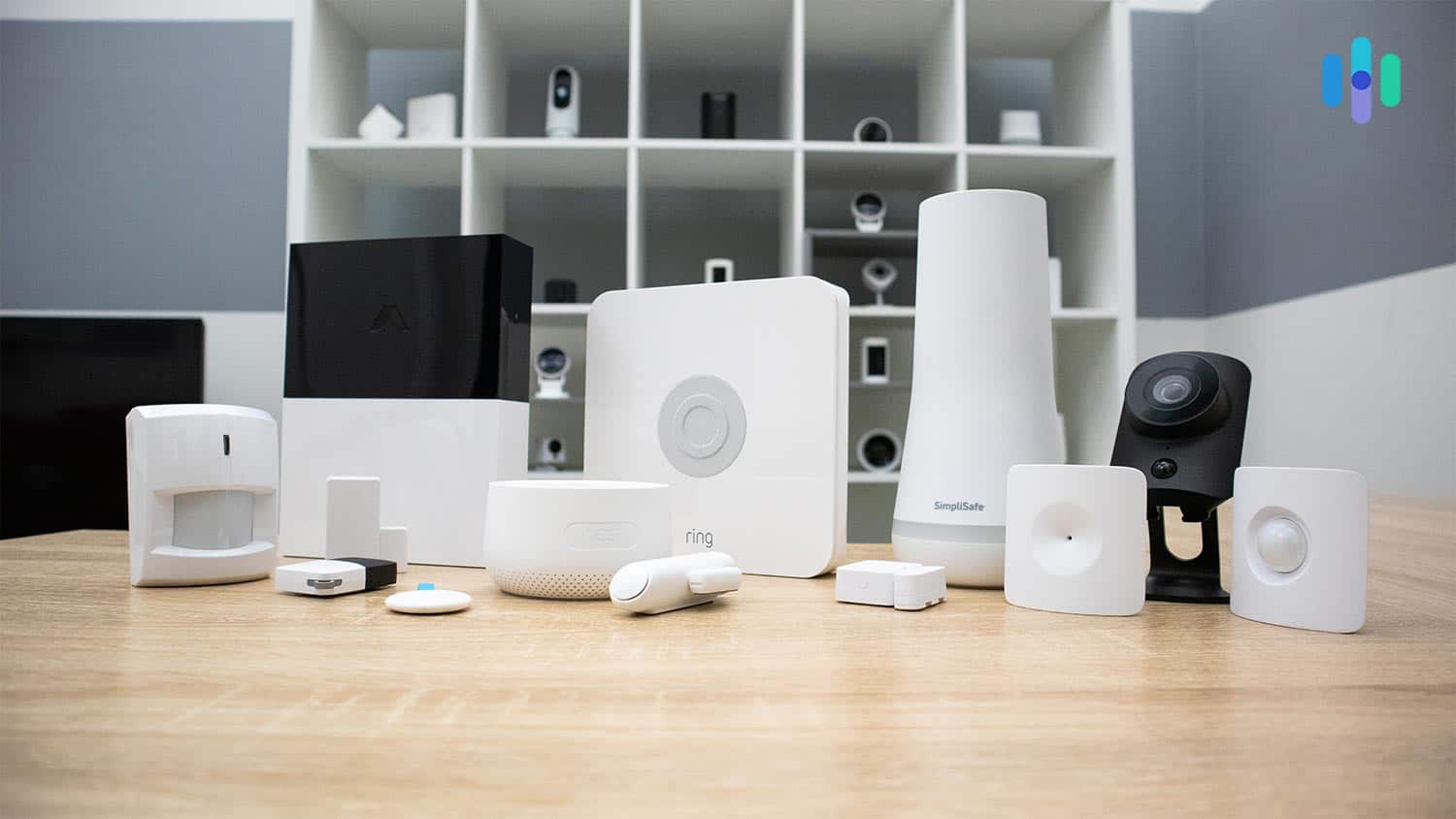How to Choose the most effective Home Security System for Your Family's Safety and security
Picking the optimum home security system for your household requires a methodical method that includes examining your unique security needs and understanding the various alternatives available. Considerations such as the kind of system-- wired, cordless, or hybrid-- along with necessary functions like movement detection and video security play a critical function in improving your home's safety and security.
Examine Your Security Needs
Assessing your safety and security needs is a critical initial step in selecting one of the most appropriate home safety and security system. This procedure entails an extensive assessment of your living environment, lifestyle, and details issues relating to safety and security. Begin by determining prospective vulnerabilities in your house, such as entry points that may be conveniently accessed by burglars, locations lacking adequate lights, or neighborhoods with enhanced crime prices.
Next, take into consideration the distinct aspects of your house. If you have young youngsters or elderly household participants, you may call for a system that includes functions like emergency situation response buttons or keeping an eye on services tailored for those demographics. It is likewise necessary to factor in your day-to-day routine and traveling routines; frequent absences might demand a much more durable surveillance service.
Last but not least, develop a budget plan for your security system. Evaluate the prices of various modern technologies versus the degree of protection they offer. This analysis will not only assist you towards a system that fits your economic parameters yet will additionally ensure that it efficiently resolves your specific protection concerns, ultimately contributing to your comfort.
Understand Different Types of Equipments

Wired systems, while typically a lot more trustworthy due to their straight links, can be troublesome to mount and might call for expert assistance. They are typically best matched for homeowners that prioritize security and do not mind the setup procedure.
Wireless systems, on the various other hand, offer versatility and convenience of setup, making them perfect for occupants or those seeking a more versatile service. These systems make use of Wi-Fi or cellular links, enabling remote monitoring and control by means of smartphones.

Recognizing these kinds will certainly aid you make an informed decision, ensuring that your selected system lines up with your certain safety demands and way of life choices.
Evaluate Trick Characteristics and Technologies
A number of crucial functions and technologies play an important role in the performance of a home security system. Take into consideration the kind of sensing units employed. Activity detectors, doors and window sensors, and glass break detectors enhance border safety by alerting Visit Website homeowners to possible breaches.
Next, evaluate the system's monitoring capacities. Expert monitoring solutions offer real-time reaction to alarm systems, while self-monitoring choices allow homeowners to receive notifications via mobile applications - cctv tampa. In addition, search for systems that provide video clip surveillance, as high-definition video cameras can offer visual proof and discourage criminal task


Smart home integration is another essential function. Systems that perfectly get in touch with clever tools, such as door locks and lights, improve overall safety and convenience. Think about the usability of the here are the findings system-- easy to use interfaces and mobile access empower home owners to manage their safety from anywhere.
Lastly, assess backup power choices. In case of a power blackout, systems furnished with battery back-ups keep performance, making certain continual protection. By concentrating on these key functions and technologies, you can select a home security system that efficiently satisfies your family's safety demands.
Compare Prices and Budget Options
Understanding the expenses associated with home safety systems is important for making a notified choice that lines up with your spending plan. home security tampa. Home safety and security systems include a series of pricing structures, including tools costs, installation charges, and continuous surveillance costs
At first, you must think about the kind of system you choose-- wired or cordless-- since this can significantly impact expenses. Wireless systems might have higher in advance devices prices yet can conserve on installation expenditures because of less complicated configuration. On top of that, some companies provide do it yourself setup choices, which can better lower costs.
Monthly tracking fees vary widely, generally varying from $15 to $60, depending upon the level of service and attributes included. Assess whether you need specialist tracking or if self-monitoring via smartphone apps is sufficient.
When comparing various carriers, thoroughly assess the agreement terms, as some firms might require long-lasting commitments that can influence your overall budget plan. Furthermore, seek any surprise costs, such as cancellation charges or equipment replacement prices.
Ultimately, establishing a clear budget and focusing on important features will help you choose a system that satisfies your household's security requirements without surpassing your monetary restrictions. (home security systems tampa)
Read Reviews and Get Suggestions
Collecting understandings from client testimonials and referrals can significantly boost your decision-making procedure when choosing a home safety system. Reviews offer direct accounts of user experiences, highlighting both the staminas and weaknesses of numerous systems. Seek patterns in comments concerning the system's dependability, simplicity of installation, client service, and overall performance in hindering criminal activity.
Furthermore, seek referrals from trusted resources such as friends, household, or neighbors that have experience with certain safety systems. Their individual understandings can provide useful info not found in advertising materials or on the internet testimonials. Take into consideration seeking advice from professional safety and security specialists or customer campaigning for companies, as they commonly conduct thorough assessments of home protection items and services.
A system with numerous positive testimonials over time might show regular efficiency. Alternatively, a system with current complaints may call for more examination.
Verdict
Selecting an appropriate home safety and security system necessitates a thorough assessment of private protection needs, system kinds, and crucial features. Seeking advice from consumer testimonials and seeking suggestions boost the likelihood of acquiring a trustworthy security remedy.
Selecting the optimal home safety and security system for your household needs a systematic method that encompasses assessing your special safety Bonuses needs and understanding the different alternatives readily available.Analyzing your protection requires is an important initial action in choosing the most appropriate home safety system. By concentrating on these key features and innovations, you can select a home safety and security system that efficiently meets your household's security needs.
Gathering understandings from consumer evaluations and suggestions can dramatically improve your decision-making process when selecting a home security system.Picking a proper home safety system requires an extensive assessment of individual protection requirements, system types, and crucial features.